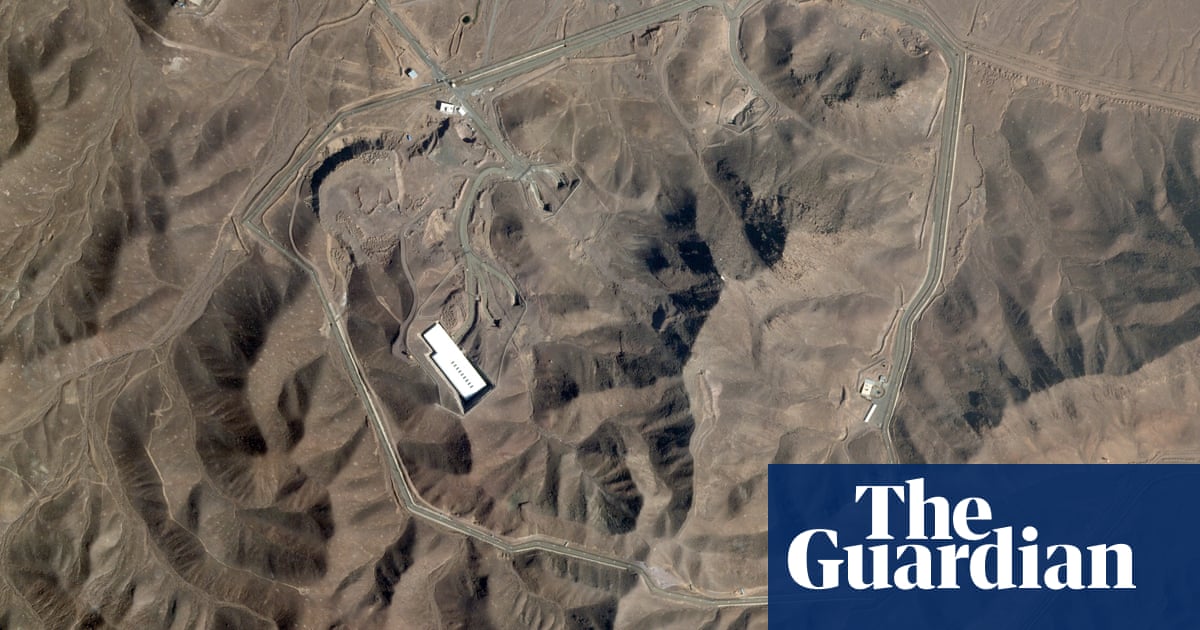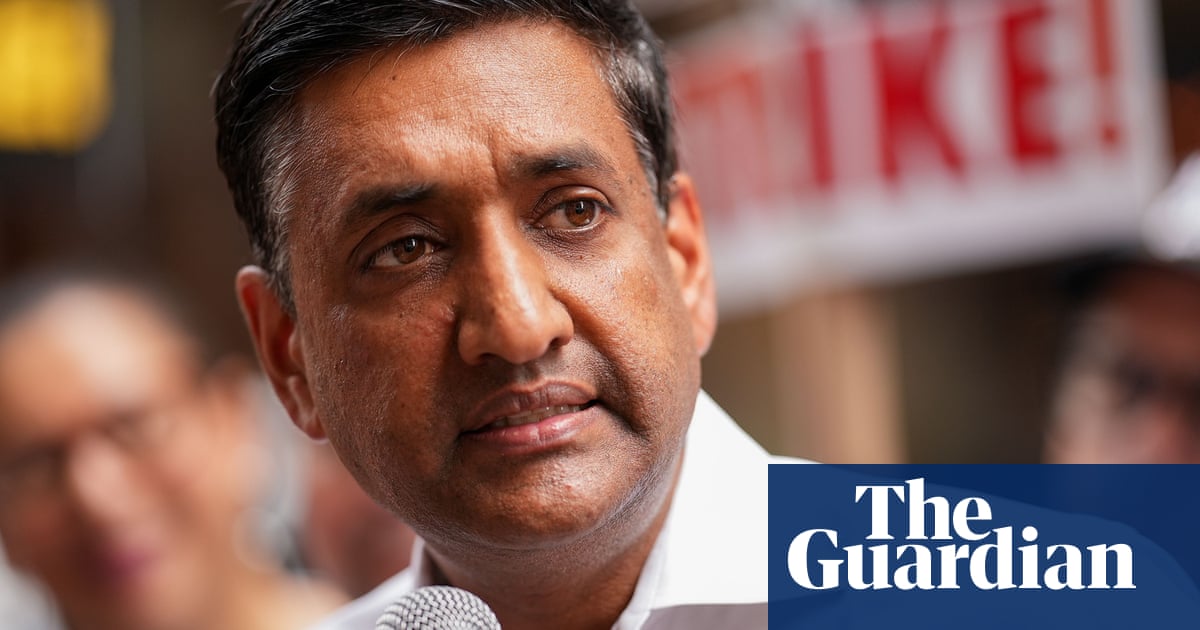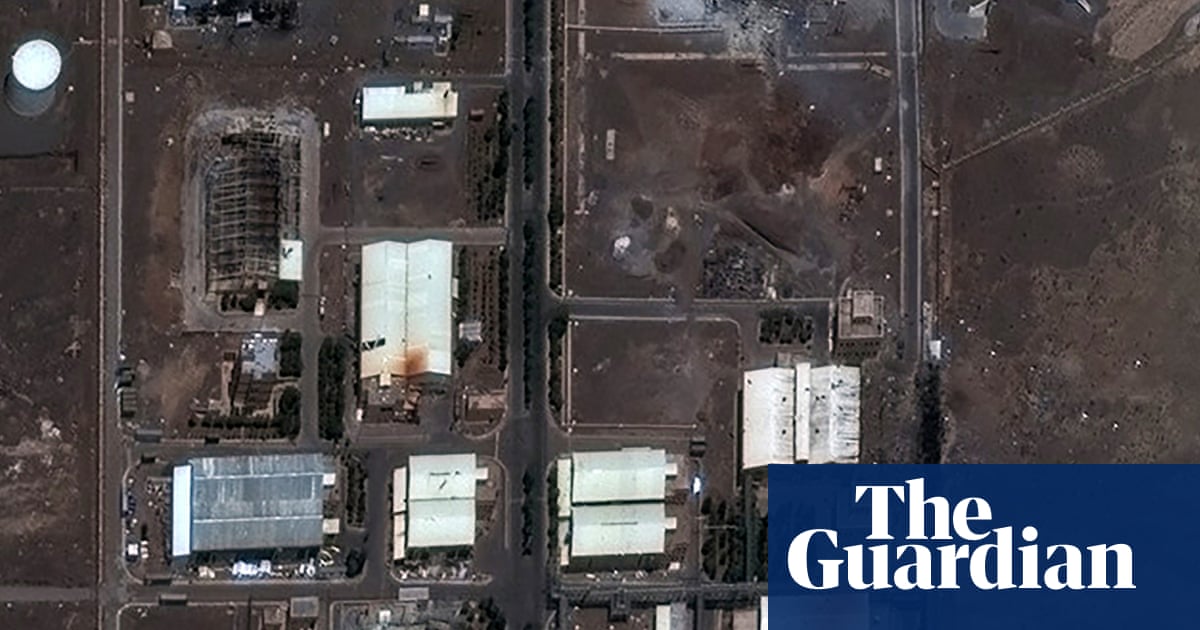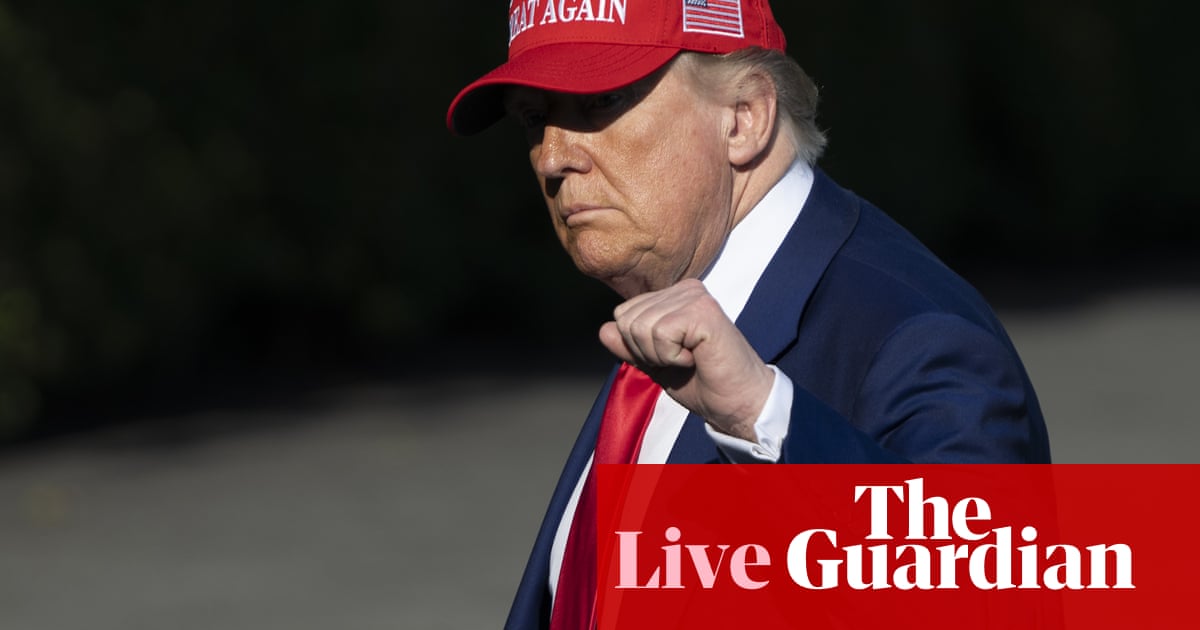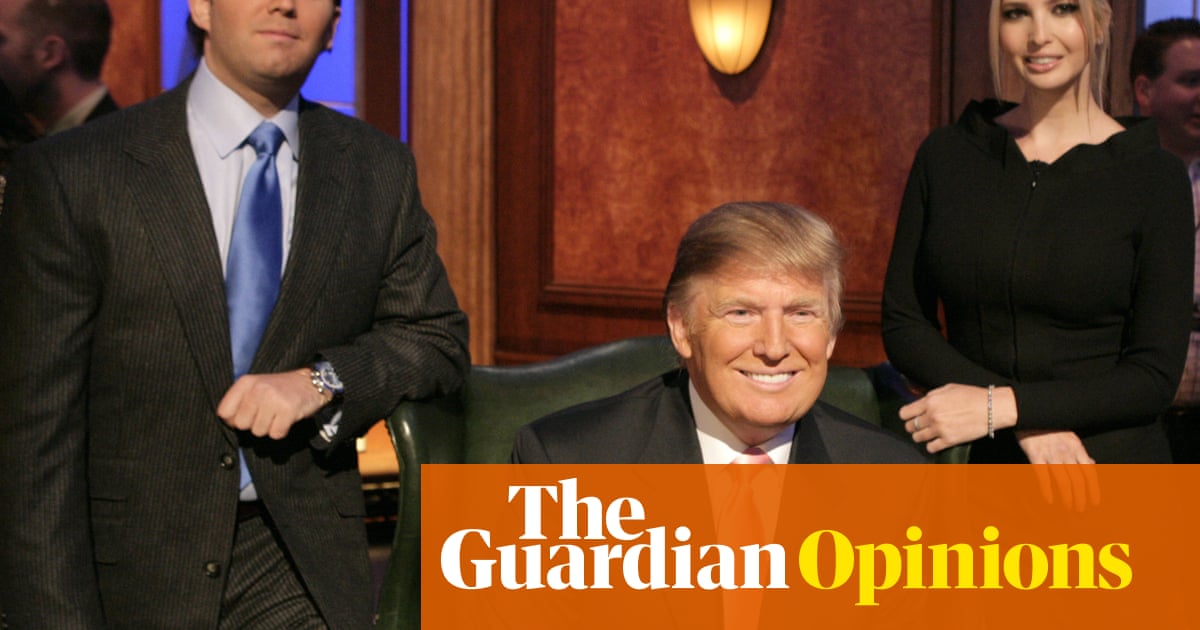Soon after Elon Musk slapped the air with a double Nazi salute, his brother Kimbal went on X to say: “This is what success feels like.” And three months ago, he seemed to have a point.
The Trump administration, which appeared to have been co-led for a time by big brother Musk, is now in a period of retrenchment. Initiatives focused on Gaza, tariffs, spending, deporting millions of migrantand “government efficiency” have all deflated somewhat.
We are admittedly only a small fraction of the way through this second Trump term, but a pattern appears to be emerging: the president proclaims a big policy goal, Maga appointees scramble to interpret his objectives, and then the whole thing is abandoned in paroxysm. Which isn’t to say that real harm isn’t being caused – just less than might otherwise be.
First, the Gaza riviera. Trump’s response to the genocide in Palestine was to envision a grand ethnic cleansing embellished by Carrara marble and rickrack. Questions the president didn’t seem to have asked in advance: where would the Palestinians go? Why would Egypt or Jordan risk regime-ending instability? Who would pay for it all? Faced with the difficulty of implementing a complex plan,which only 3% of Israeli Jews regard as immoral, Trump retreated.
But not before facilitating harm. His explicit endorsement of the majority view in Israel that Palestinian residents of Gaza should relocate has only permitted the leadership in that country to accelerate their Biden-era policy. Now, Israel Katz, the Israeli defense minister, openly speaks of using starvation as a tool in Gaza, something the Israelis were shy about admitting only seven months ago. And since Benjamin Netanyahu’s government broke the ceasefire with Hamas in March, Israeli troops have murdered more than 2,100 Palestinians – the majority of them children. Again, an extension of the Biden policy, but without the chintzy gilt.
The tariff debacle, meanwhile, showcased the administration’s inability to shoot straight. A Forbes analysis counts nine flip-flops on tariff policy. Bad policy is bad – whiplash makes it worse.
One of the arguments explaining the dollar’s status as the world’s reserve currency – the tender most countries use for trade and global finance – is that the US is a big and stable country that pays its bills and honors its commitments. That trust in America’s ability to manage an economy confers lots of benefits to Americans, such as lower borrowing and transaction expenses. Demand for the US dollar allows the US to finance deficits, seemingly indefinitely.
But there are signs that the erratic tariff policy has caused other countries – who buy US debt – to question old assumptions about stability and growth. It turns out that, like addressing Palestine, trade policy is hard.
But it didn’t have to be like this – a measured tariff policy could have helped enhance American industry. Coupled with prohibitions on stock buybacks – a Reagan-era concession to corruption that allows CEOs to inflate their stock prices and “performance” bonuses – a sensible tariff policy could have helped facilitate the investment of corporate profits domestically, reinvigorating the labor movement to produce better jobs. But policy requires a clear statement of goals and an understanding of how to get there – neither of which the Trump administration was able to articulate. Economic growth has almost certainly been dented by the bizarre trade war and myriad reversals – so we’ll probably see more deficit spending at higher borrowing rates.
And then there’s Yemen, where the Houthi government has harassed Israeli-affiliated boats in response to the genocide. The catastrophic effort to bomb the Yemenis into submission, again, an extension of Joe Biden’s Israel policy, was preceded with bluster. In March, Trump issued a message on his website that read, “To all Houthi terrorists, YOUR TIME IS UP, AND YOUR ATTACKS MUST STOP, STARTING TODAY. IF THEY DON’T, HELL WILL RAIN DOWN UPON YOU LIKE NOTHING YOU HAVE EVER SEEN BEFORE!”
But nearly two months into America’s bombing campaign, which has killed hundreds in Yemen at vast expense, the effort to open trade routes in the Red Sea has resulted in a negotiated detente which falls far short of achieving Trump’s goals. The deal commits the Yemenis to leaving American ships alone, but says nothing about Israeli-affiliated vessels. The Wall Street Journal reports that the deal took the Israelis by surprise.
Meanwhile, Elon Musk’s “department of government efficiency” (Doge) dramatically overestimated its potential and overstated its accomplishments: at a meeting last month, Musk said he expected Doge cuts would save $150bn, or 85% less than the promised $1tn. Now Musk is returning to Tesla – whose weak quarterly results have caused the stock price to crash back to earth.
All of it a bad joke, played on the American people.
Trump’s inability to follow through on his big initiatives is probably attributable to lots of things, but the quality of the man, and the people around him, stick out. Pete Hesgeth, the secretary of defense, appears unfocused and unbalanced in interviews. Kristi Noem, head of the US Department of Homeland Security, seems obsessed with pageantry and appearances, while the attorney general, Pam Bondi, exhibits sycophantic tendencies. Marco Rubio, the secretary of state, and JD Vance spent a lot of time explaining how dangerous Trump was – Vance compared Trump to Hitler – before joining his administration. All seem to have been hired for their ability to flatter and prostrate themselves, which is not the same as competence or executive experience.
So now, a bigger picture is emerging. The operating moral principle directing the Trump presidency seems to be that people are generally worse than they proclaim to be. And the president has gone out of his way to hire people with limited talent and ability, whose main qualification is Maga, people who can’t follow through on big pronouncements and goals. It is indeed government by the worst.
-
Ahmed Moor is a writer and fellow at the Foundation for Middle East Peace

 1 month ago
45
1 month ago
45

